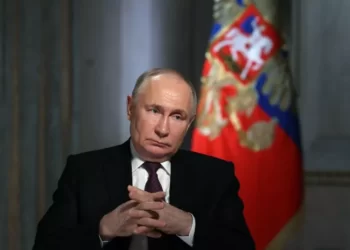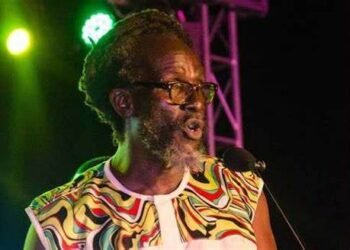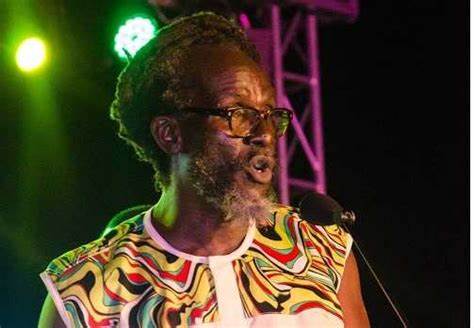Stephane Roudet, the IMF’s Mission Chief to Ghana, expressed optimism regarding the Memorandum of Understanding (MoU) with official creditors, indicating that all signs point towards alignment among all parties involved.
“We are hopeful, confident that this MoU with bilateral creditors will happen in time for us to be able to have a board meeting and complete the second review of the program before the end of June,” Roudet stated during a press briefing held in Washington DC, United States of America.
The country needs the approval of the next review and the subsequent disbursement to bolster confidence, unlock further funding, and entrench the economic progress and relative stability achieved so far.
According to Stéphane Roudet Ghana’s debt restructuring efforts represent a historic and exemplary achievement. Roudet commended Ghana’s swift and efficient execution of the restructuring process, which he compared favorably to similar endeavors in other nations.
He attributed Ghana’s success partly to prudent measures implemented by the government under the US$3 billion extended credit facility (ECF) program. These measures, he noted, have contributed to a quicker economic recovery than initially anticipated.
Furthermore, Roudet highlighted that Ghana’s economy has surpassed initial projections, with indicators such as growth, inflation, and gross reserves performing better than forecasted.
He indicated that the upcoming IMF review is likely to result in an upward revision of Ghana’s gross domestic product (GDP) growth, reflecting the positive trends observed during the fund’s last mission in March 2024.
Eurobondholders’ Deal
Mr. Abebe Selassie, Director of the IMF Africa Department, echoed praise for Ghana’s rapid debt restructuring efforts. He emphasized that no significant barriers were preventing a deal with Eurobondholders, marking the final stage of the debt restructuring process aimed at achieving sustainable debt levels.
Selassie clarified that while reaching an agreement with Eurobondholders is important, it is not a mandatory condition for approving the second review.

He emphasized that the IMF’s primary concern is to witness constructive and continuous discussions between Ghana and its commercial creditors who hold debts denominated in foreign currencies.
“I should add here that the fact that they have not reached an agreement with its Eurobondholders will not prevent us from being able to provide more financing, although reaching that agreement is [of course] important.”
Mr. Abebe Selassie
Ghana’s Debt Restructuring, IMF Director’s Remarks
Mr. Abebe Selassie, Director of the IMF Africa Department, highlighted Ghana’s exceptional performance in completing its debt restructuring process.
He contrasted Ghana’s achievement with the lengthy processes experienced by countries like Zambia, emphasizing that Ghana managed to secure agreements with bilateral creditors in a considerably shorter timeframe.
Selassie emphasized the historic nature of Ghana’s ability to conduct both domestic and external restructuring within such a compressed timeline. He commended the citizens, government, and creditors for their collaborative efforts in ensuring the success of the exercise.
However, Selassie stressed that while Ghana has fulfilled its responsibilities towards achieving debt sustainability, the responsibility now lies with commercial creditors to finalize agreements.
He emphasized the importance of securing a deal for sustaining economic recovery in Ghana.
“Ghana has done its fair share and it is for creditors to take steps on this,” he said at the IMF press conference streamed live across the globe.
“We are not going to ask the government to do more adjustments because creditors have not asked either. So, we will provide all the information necessary so creditors can move, allowing us to go to the board as soon as possible.”
Mr. Abebe Selassie
Mr. Abebe Selassie further noted that during the IMF’s recent mission in Ghana, an agreement was reached with the government regarding policies aimed at addressing current challenges.
He explained that these policies would be disclosed in the 2025 Budget, which he deemed significant.
As Ghana prepares for its upcoming presidential elections in December, which will determine President Nana Akufo-Addo’s successor, it continues to uphold a democratic tradition that has served as a model for the often turbulent West African sub-region and indeed, Africa as a whole since 1992.
READ ALSO: Nana Acheampong Debunks ‘Bad Blood’ Claims With Daddy Lumba




















